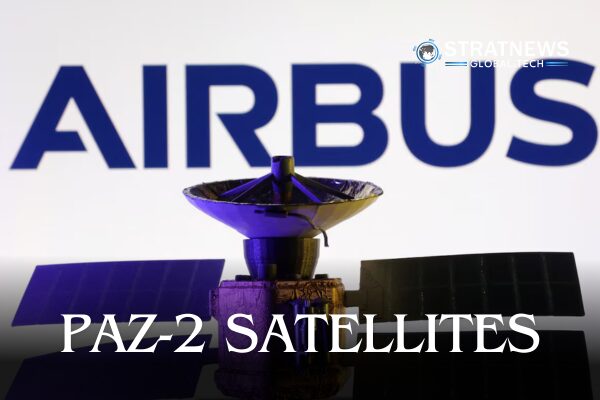Airbus to Build Advanced PAZ-2 Radar Satellites for Spain’s Defence
Airbus Defence and Space has been chosen by Spanish satellite operator Hisdesat to build two advanced PAZ-2 radar satellites for Spain’s defence ministry. The announcement was made on Wednesday, marking a significant step towards enhancing Spain’s technological capabilities in defence and security.
These new satellites will replace the current PAZ Earth observation satellite, which has been in service since 2018. They will provide 24/7 radar imagery to support military intelligence and surveillance operations. Additionally, the satellites will aid civilian applications, including disaster assessment and environmental monitoring, ensuring a broader impact on national resilience and disaster preparedness.
Strengthening Technological Sovereignty in Defence
Alain Faure, head of Airbus Space Systems, highlighted the significance of this development in today’s geopolitical climate. He stated that the PAZ-2 satellites reaffirm Airbus’ commitment to strengthening technological sovereignty in security and defence.
This move aligns with Spain’s focus on reinforcing its defence capabilities while leveraging advanced space technology. The satellites will use high-resolution radar systems to deliver precise imagery regardless of weather conditions, making them a reliable tool for both defence and civilian needs.
Launch Timeline and Local Assembly Plans
Airbus confirmed that the first PAZ-2 satellite is expected to enter service by mid-2031. Assembly and testing for the satellites will be conducted at Airbus’ facility in Getafe, Spain. This local assembly will contribute to Spain’s technological growth while creating opportunities within the country’s space and defence industry.
The PAZ-2 project underscores Airbus’ commitment to developing advanced space solutions for its partners while ensuring strategic independence for nations like Spain. With these satellites, Spain aims to enhance its national security, improve disaster response capabilities, and advance its technological standing in Europe’s space sector.
with inputs from Reuters


